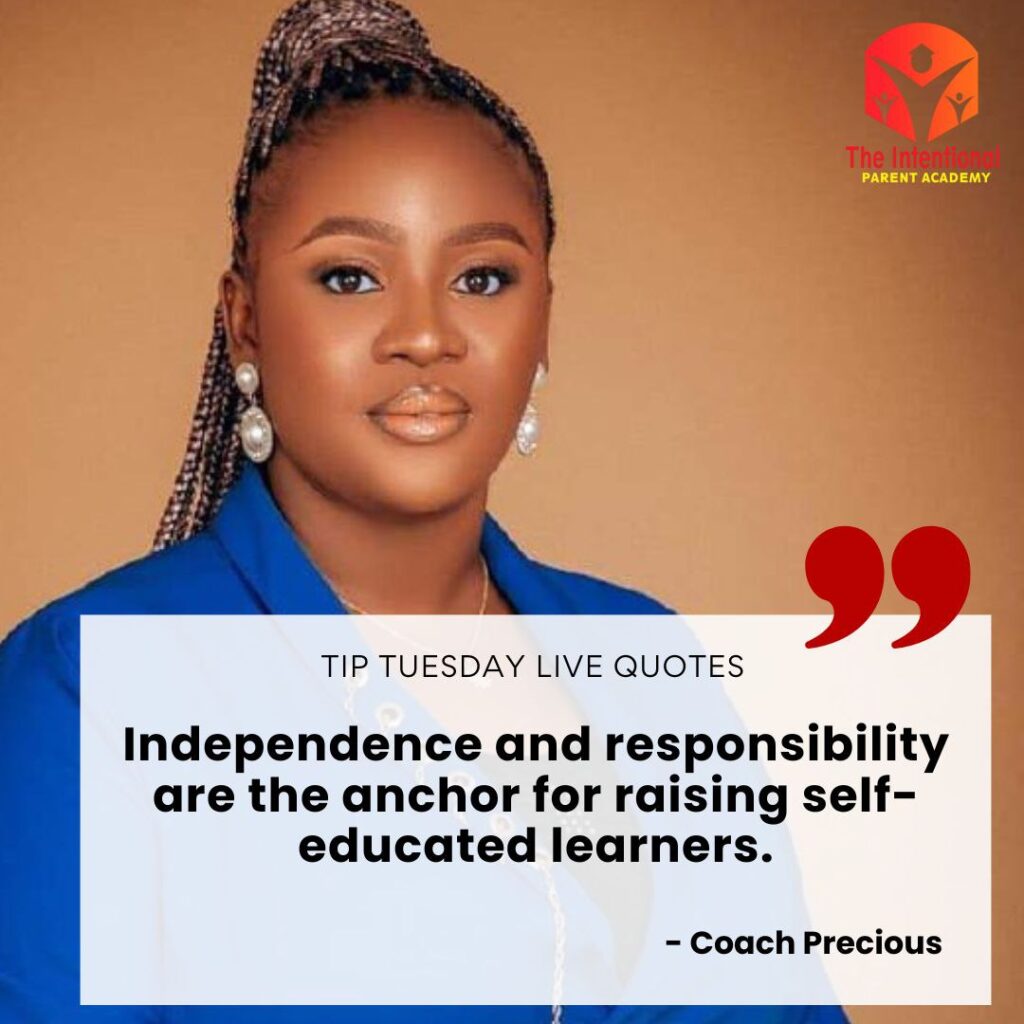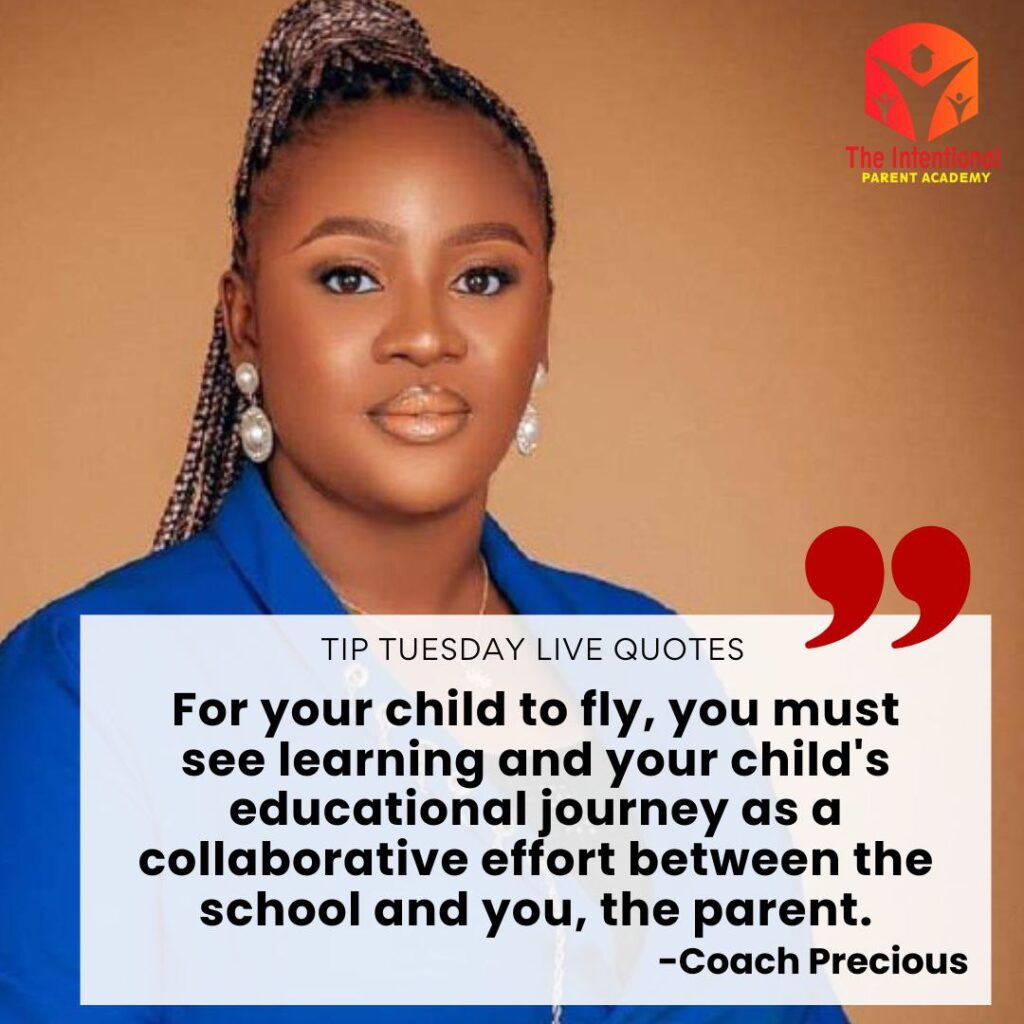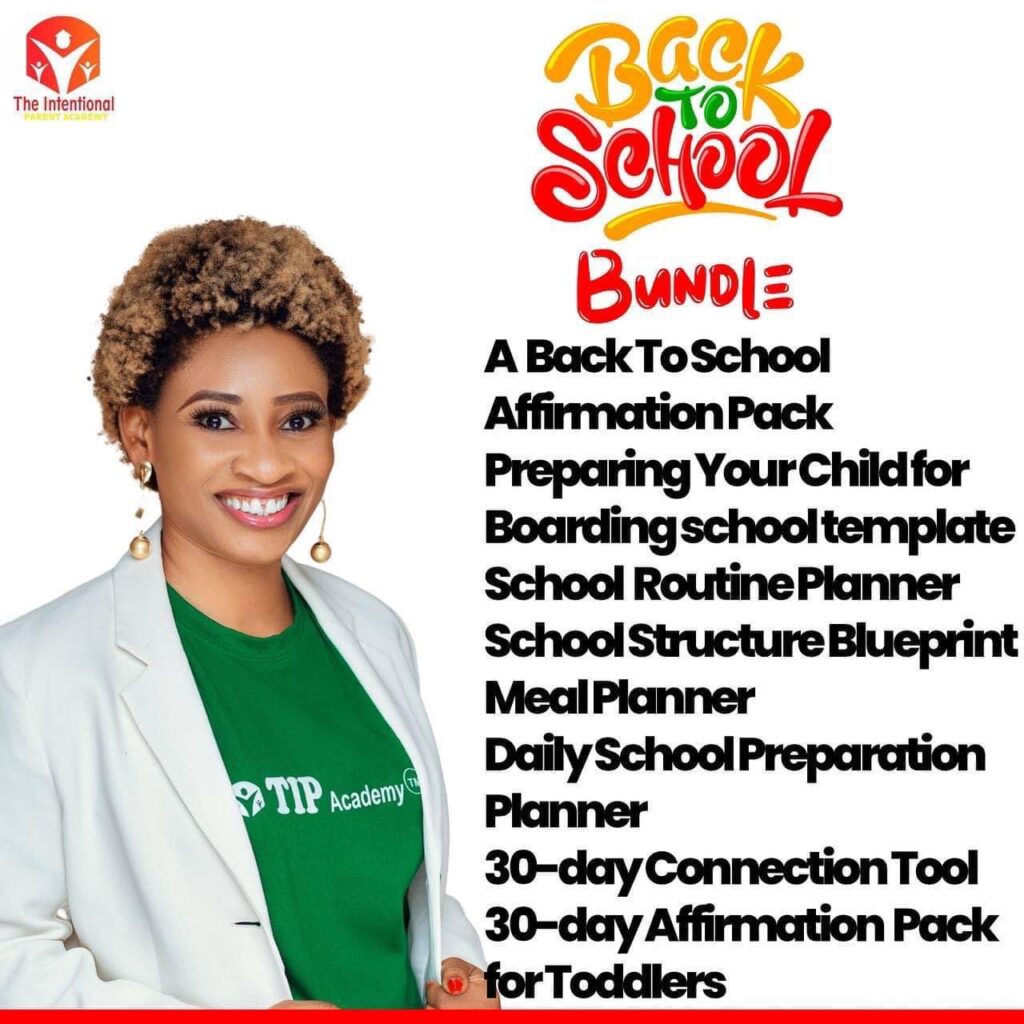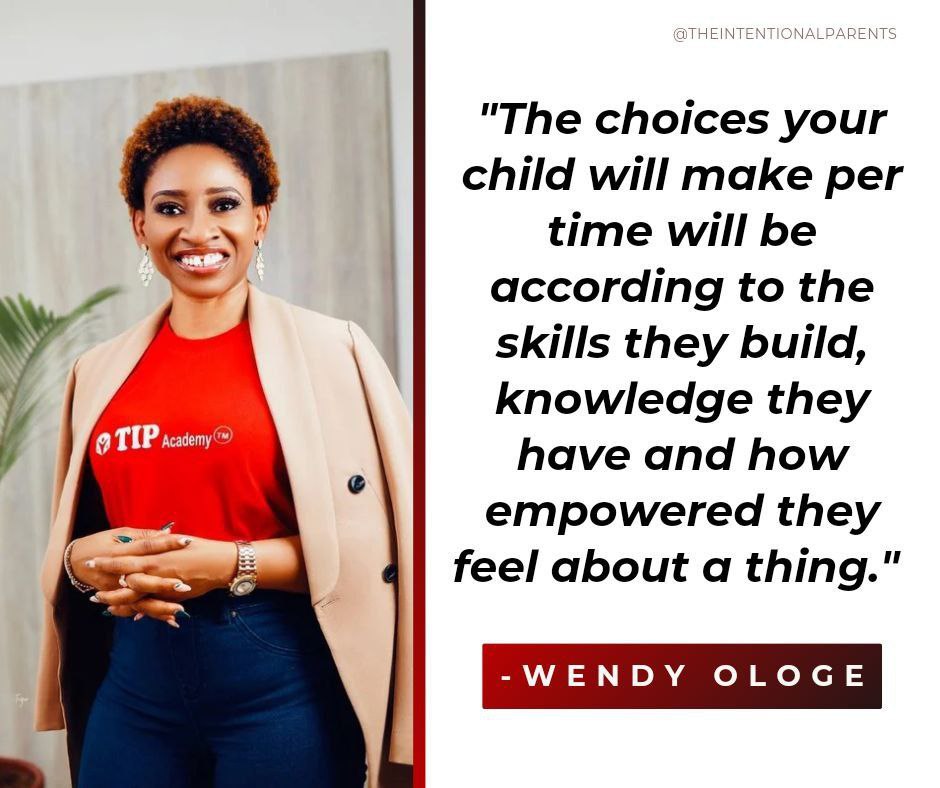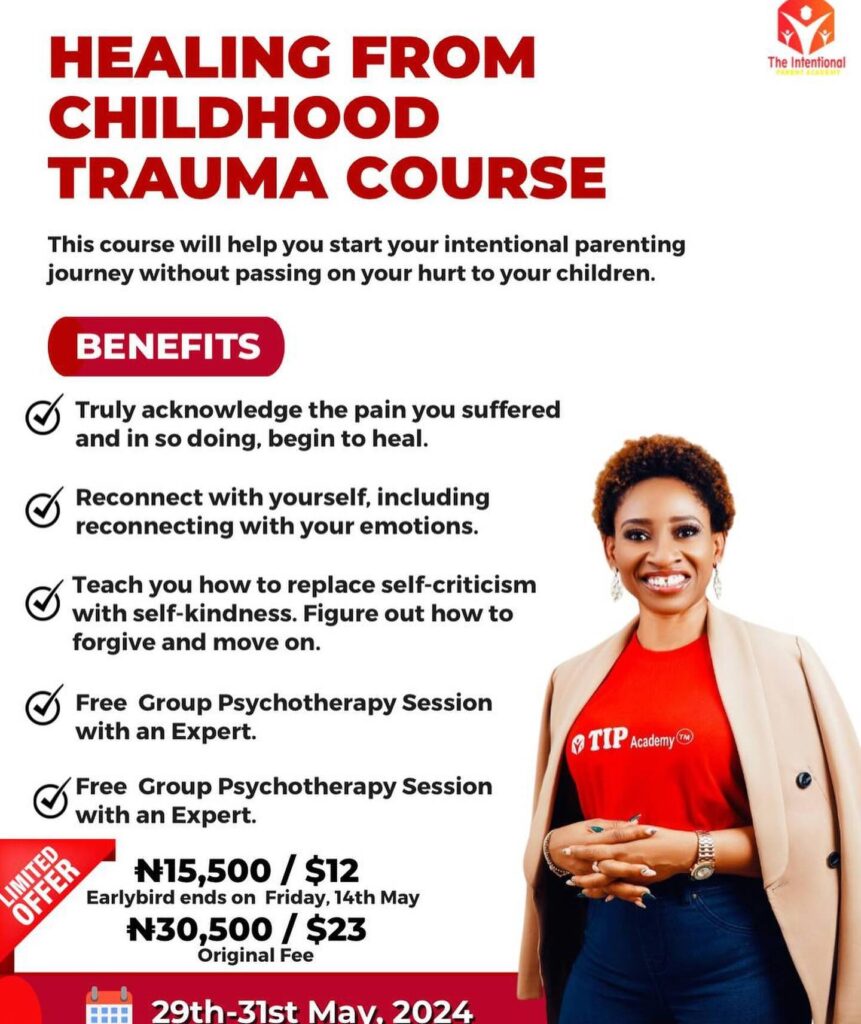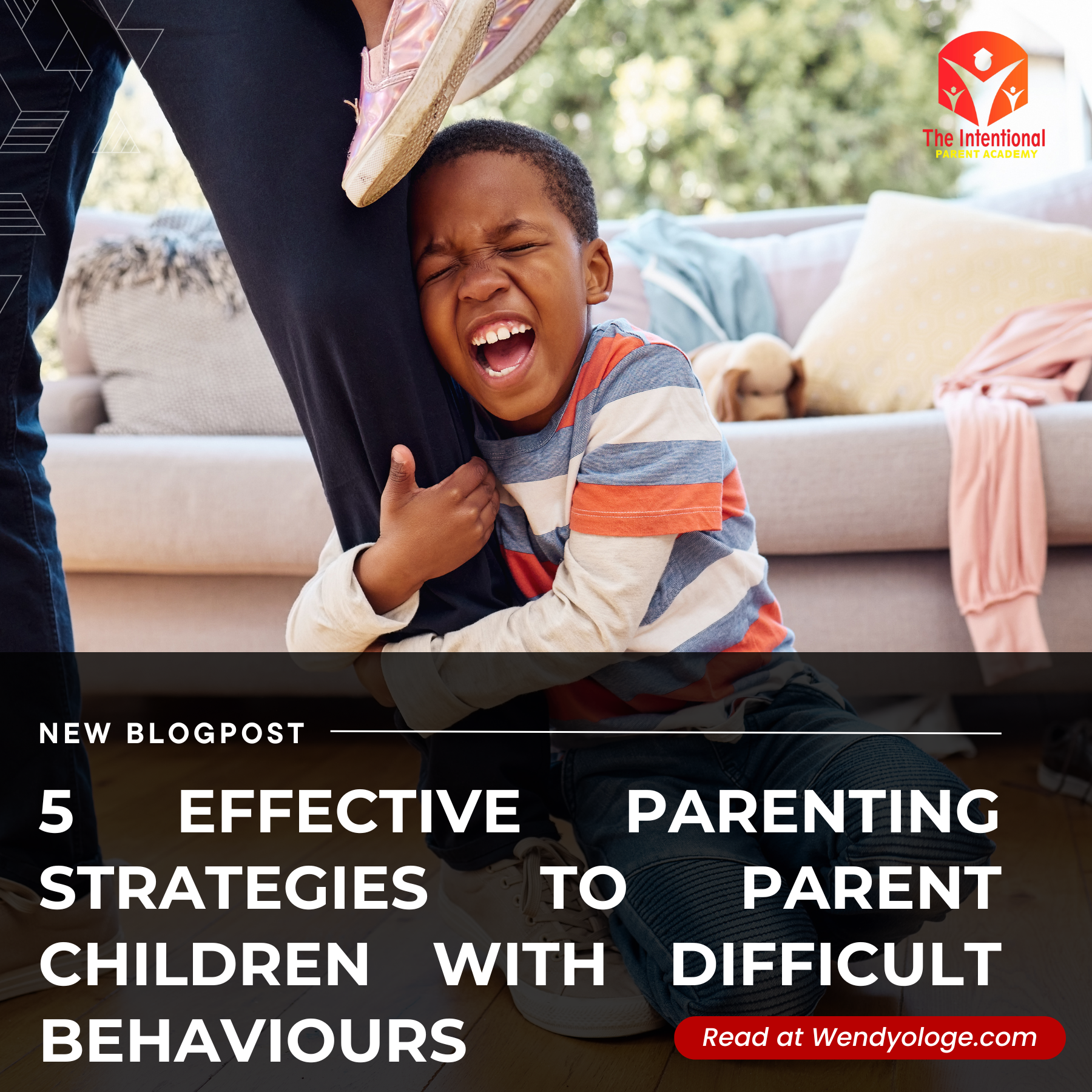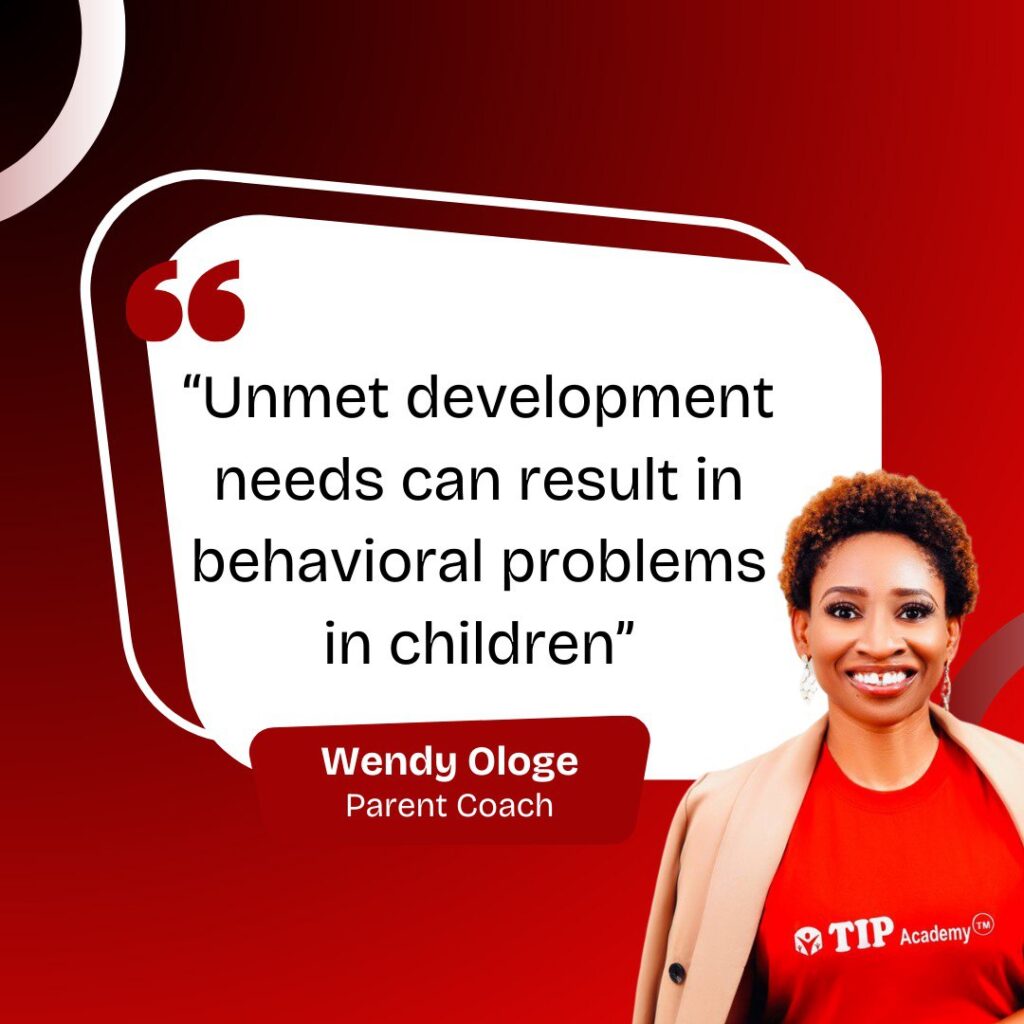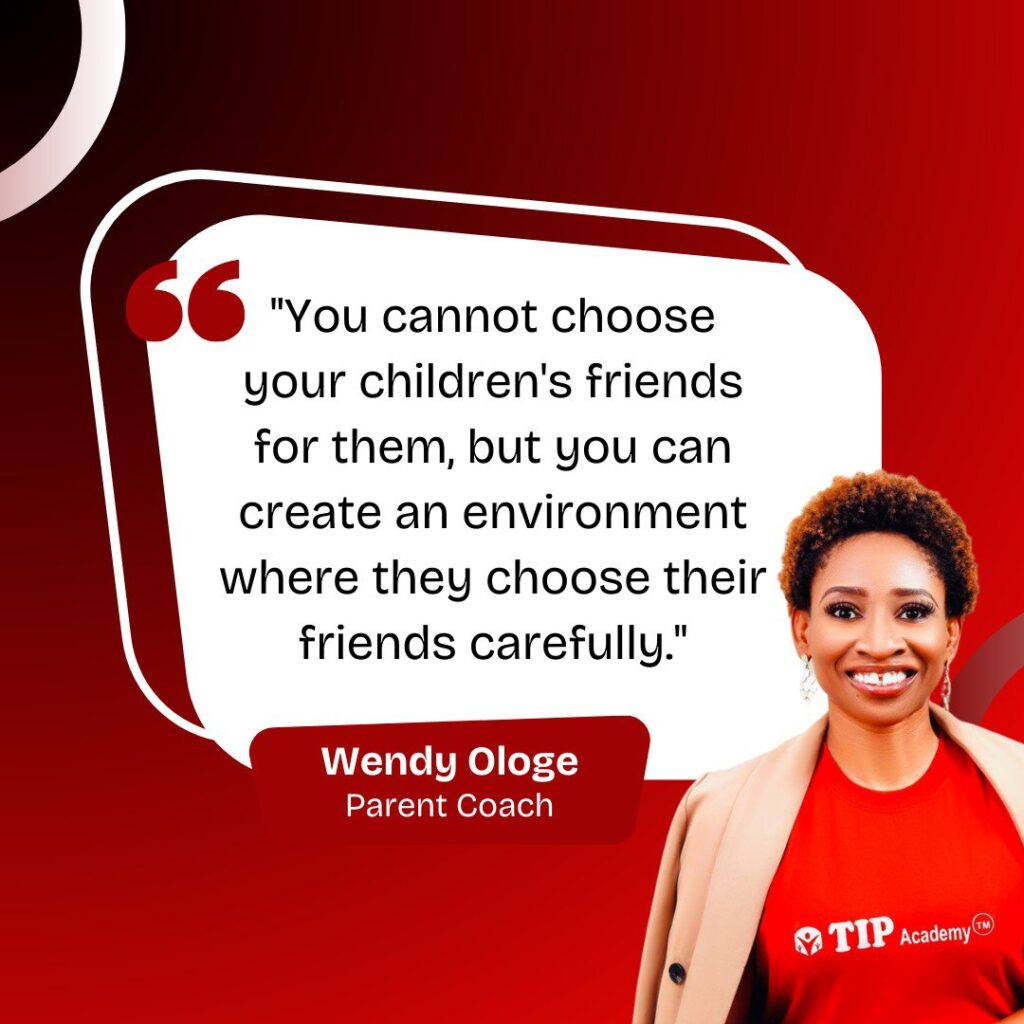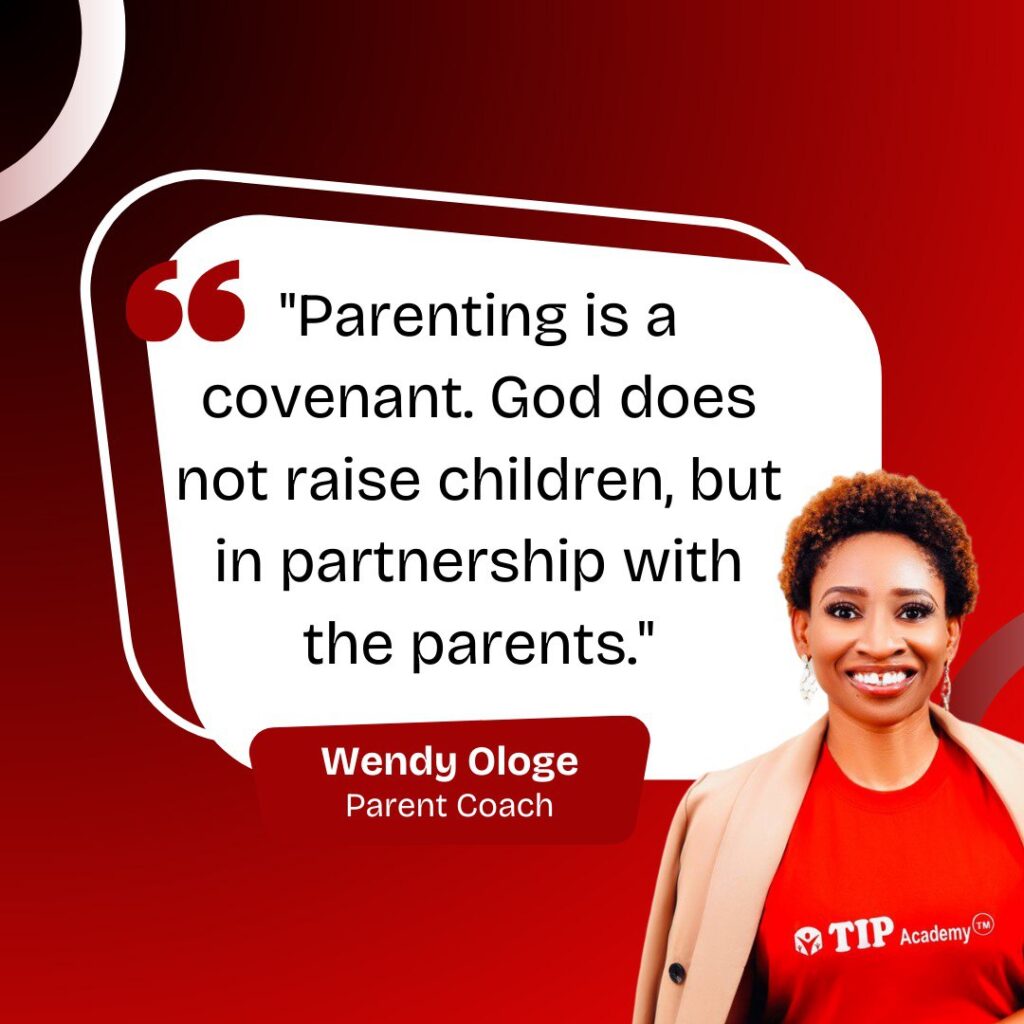Does every sibling experience rivalry? The answer is yes. How we handle sibling rivalry is one of the biggest challenges of parenting.
This blog post will help you understand the root causes of sibling rivalry and provide real-life solutions to help you manage it effectively.Many parents assume that rivalry will resolve itself over time, but this is rarely the case. Think about your extended family—did you notice rivalry among your parents and their siblings? How were these conflicts resolved? Most likely, they were handled haphazardly, without proper knowledge or tools. This is often because children are not taught how to resolve conflicts effectively.
Reflect on your marriage—how do you resolve conflicts with your spouse? Many people struggle with conflict resolution, either by shouting or resorting to silent treatment. Sibling rivalry is common, but it’s not normal. Understanding how to manage it is crucial for a healthy family dynamic.One of the key things you must understand is that sibling rivalry is a core part of your parenting journey.
What Are the Common Causes of Sibling Rivalry?
1. Competition: Siblings often compete for parental attention, resources, and achievement. Every child desires their parents’ attention, and they may even fight with a sibling to get it. I often say that for children, negative attention is better than no attention at all. Parents must recognize that attention is like food for a child—they crave it constantly.
– Parents are frequently a significant factor in sibling rivalry. Children compete for resources (e.g., who gets what and when) and for achievements (e.g., who is “better” in the eyes of mom and dad). If you create situations that encourage competition, it can worsen sibling dynamics. Many siblings are envious of one another. Think of the story of Joseph, who was envied by his brothers simply because of a dream that portrayed him as their future leader. 2. Personality Clashes: Differences in temperament, interests, and communication styles can fuel sibling rivalry. Many parents fail to recognize that each child comes with their own unique blueprint. Trying to raise two children using the same approach often leads to conflict because each child has their own “rule of law.”
– Understanding each child’s temperament, learning style, and personality is critical to effective parenting. In the sibling mentorship program, parents learn to create a system where siblings can learn from each other, which helps reduce negative competitiveness and pressure. It’s essential to foster an environment where communication is respectful and not aggressive.
3. Developmental Stages: Children often don’t understand what they or their siblings are going through at different developmental stages, which can lead to conflict. The key to managing this is knowledge. As a parent, you need to understand what’s happening and be able to explain it to your children.
– For example, explaining to your son what your pubescent daughter is going through during her period can reduce conflict significantly. The same goes for explaining to your daughter what your pubescent son is experiencing. Helping your children see things from their sibling’s perspective can drastically reduce conflicts.
4. Modelling Behaviour: The way adults behave in the family strongly influences how children interact with each other. How do you talk to the people in your home—your partner, your nanny, your driver, even your children? Your children will model that behaviour when interacting with their siblings.
– Many parents inadvertently empower older children to bully younger ones, replicating what they’ve seen at home. Remember that an older sibling is not a parent. Giving parental responsibilities to an older sibling can create resentment and lead to long-term conflict. Avoid creating a dynamic where one child holds power over another, as this can foster sibling abuse and lifelong resentment.
5. Family Dynamics: When parents exhibit poor conflict resolution skills, children may mimic those behaviours. If your home is filled with shouting and unresolved conflict, your children will likely adopt that behaviour. Conflict resolution is a learned skill, and it’s one that your children need to see in action. – Disagreements are normal, but rivalry isn’t. Understanding conflict resolution allows you to handle disagreements without escalating them into fights. Your children need to see you managing conflicts calmly, using your mind over your mood. This teaches them how to resolve their own conflicts.
Practical Solutions
Many parents try to resolve sibling rivalry by playing referee during every conflict. But constantly stepping in to mediate isn’t the solution. Both parents and children need tools and strategies to manage conflict independently.
Here are some steps you can take:-
- Identify Common Triggers: What are the typical reasons your children fight? How do you currently respond? Once you’ve identified these, you can create a family agreement worksheet to establish clear rules and expectations for resolving conflicts. 2. Emotional Regulation Toolkit: Teach your children calm-down techniques to manage their emotions before conflicts escalate. 3. Problem-Solving Worksheet: Use this to brainstorm solutions and practice decision-making with your children. 4. Sibling Bonding Activities: Engage your children in activities that promote bonding and reduce existing rivalry. 5. Sibling Strength Worksheet: Help your children see the strengths in each other, eliminating envy and promoting cooperation. 6.Parenting Self-Assessment: Reflect on your parenting habits. Do you have a favourite child? How do you resolve conflicts? Understanding your own behaviours is key to improving your children’s relationships.- 1.Family Conflict Resolution Plan: Develop a structured approach to conflict resolution, teaching your children the importance of resolving disagreements peacefully. 2. Praise and Reward Chart: Use this to reward positive behaviours and reinforce good habits, like resolving conflicts calmly and respecting each other’s boundaries. 3. Journaling : Encourage your children to write about what they appreciate in their siblings, and how they felt during conflicts. This will help them reflect on their behaviour and take ownership of their actions. 4. Sibling Mentorship System: Teach your children to be mentors to each other rather than competitors. By fostering a mentorship dynamic, you create an environment where siblings support each other’s growth instead of tearing each other down. 5. Family Negotiation Skills: Help your children learn how to negotiate fairly, identify conflicts, and brainstorm solutions together. All of these strategies will be included in the worksheets provided in the Academy’s brand-new course on sibling rivalry. Enrolling in this course will equip you with the knowledge and tools you need to manage sibling rivalry effectively. Sign up for the course in October, and start implementing these strategies in your family immediately!
IIf sibling rivalry is turning your home into a battleground, our Dealing with Sibling Rivalry course is exactly what you need! We’ve designed this course to help you transform constant conflicts into opportunities for growth and deeper connection between your children.
For just ₦7,500 (instead of ₦20,500), you’ll gain access to:
– 14 practical worksheets and tools
– Proven strategies for fostering harmony
– Techniques to build stronger sibling bonds- And much more!
📍Sign up now: https://theintentionalparentacademy.selar.co/Dealing-with-Sibling-Rivalry
Prefer offline payments?
Transfer ₦10,500 to GTB account 0509494057 and send your payment confirmation to +234 903 663 3600.


 MASTERCLASS IS HERE!!!
MASTERCLASS IS HERE!!!


